Indo German Business Culture – a field report by Abhinav Barnval

Even though I had been to Europe quite a few times during my stint as a Merchant Navy Officer, the decision to come to Germany wasn’t easy as it happened at a crucial time when I was planning a major career change and wasn’t sure if I would be able to fit in to the German culture, from both professional and social standpoint. This dilemma basically originated from the preconceived image which Germany has outside when it comes to social and business culture; but in hindsight I must say that not all those notions were right and I have learnt a great deal post my decision.
In last 5 years, I have been lucky enough to be exposed to multitudinous cultures within the companies I directly or indirectly worked for – American, corporate German, mid-size (MIttelstand) German or German business culture transitioning towards American one. This has not only bestowed me with a sense of global understanding when it comes to cultural differences at work place but has also shaped my ability to work with peers with different backgrounds. Although stereotyping a business culture is mostly not right as it really depends a lot on company culture, mix of people, location etc., but based on my professional experience till date, I will list a few notable differences between India and Germany.
Leadership & motivation
Leadership style in Germany is more dominant-warm or collaborative and easy going than Dominant-hostile or autocratic as we have in India. There is less micro management & more independence which stems out of high level of trust and makes the working environment much more relaxed. Indian work culture is much closer to American one when it comes to performance incentives – based on perks, promotions, competition, coercing etc, but in Germany, especially in MIttelstand, there is also a sense of belonging to the companies which adds onto the motivation.
Meeting deadlines
It’s a myth that deadlines are always met in German companies because of excellent efficiency – the reality, however, is that the deadlines are mostly set up very realistically. This also comes from the fact that it’s considered ok to say “No” to your superiors because you don’t see the possibility of completing a job in a given timeframe, whereas in India people say yes even to some impossible deadlines and later falter. Delays are still however an integral part of projects in Germany as much as anywhere else in the world.
Planning & Processes
In Germany, more emphasis is given on planning rather than execution which results into an efficient and robust process but with less agility. Whereas in India managers tend to move to execution part early and are open to improvisations, in between, to achieve results. This also relates to the inherent fact that Germans tend to be less flexible than Indians, especially in situations when things don’t go as planned.
“I/me/you” vs. “We/Us’’ culture
In German companies, people don’t generally hide information or take credit for someone else’s work for personal benefits and don’t usually finger point someone as an escape goat, unless we are talking about big MNC’s. In India, however the competitive landscape that has been created inside the companies drives individual behavior in the opposite direction. The collaborative work culture works much better in Germany than in India where the flow of communication isn’t as fluid as in Germany. Upper management level is much more open and closer to the lower management level.
Work life balance
This is one point in my opinion where Germany (and most European countries) wins hands down over India. Much emphasis is given to personal life as well and it’s a very common sight to see people leaving the office after 5 pm on workdays or even after 3 pm on Fridays. The “I can’t leave before my boss” culture is almost nonexistent here and emphasis is given on finishing your job within stipulated working hours rather than spending long hours in office.
Structures
German Companies tend to have very flat hierarchies and an employee, even though good at his/her work, can spend years in the same position. However in India It’s common to find creative positions with fancy titles being created to satisfy personal egos as success is mostly associated to job titles, education level, and salaries. These aspects take a back seat in Germany because the idea and acceptance of socialism is stronger over capitalism.
Hard working?
Germans are usually perceived to be hard workers as compared to Indians. It’s not completely true. The reality however is that Germans are more efficient at work because of the focused and diligent approach during work hours. Coffee or smoking breaks exists but are not abused. There is generally no ‘’dangling around the colleague’s desk’’ unless it’s for work related discussions.
Before I conclude, I must say that the first and foremost thing which is important to integrate into new culture is to adapt and be open to new ideas and notions which might be very different or sometimes even opposite to yours. My first advice to an Indian (or any immigrant in Germany) going for initial job interview or to a job is – make your team feel like you are one person with whom they would feel comfortable and gladly have a coffee by the coffee machine with some nice & clear conversation and probably some gossips as well (Yes, office gossips and politics exist in Germany as well, though probably not at the same level as in India!) , and rest all will fall into place if you are a fit and deserve the job.
Author: Abhinav Barnwal
Picture: pixabay
Episode 12/21: The Wisdom Workshop “Rethinking Business in Family Businesses” with Daniela Sarrazin (Interview in German)
By nature, Daniela Sarrazin is a down-to-earth person who is characterized by passion, courage, a strong will and clarity. Her heart beats for building bridges between generations as well as for the desire to open new doors for people and thus enable growth and self-determination. Life has shown her that it is important to live in the here and now and to let the past be and the future come to you.
Her guidelines for her actions and doings – also for today’s podcast titled “Rethinking Business in Family Businesses – are:
In motion, something gets moving. Water always finds a way. Follow it and you will find yours. Value creation through appreciation. Development in family businesses.
Listen to what the successful leadership developer and coach has to say.
Episode 11/21: The Wisdom Workshop 4th Interview with Ajahn Michael on “Forgiveness” (Interview in German)
“Forgiveness is a coping strategy to be able to mentally accept an actual or assumed wrongdoing of others without expecting any reaction from the other (such as an admission of guilt, remorse, apology) or demanding justice (retribution, prosecution).”
But the question arises, how exactly do I go about doing this? That’s what I’m talking about with Ajahn Michael.
Enjoy listening.
Episode 10/21: The Wisdom Workshop 3rd Interview with Ajahn Michael on “The Dependent Arising”
Whatever happens, happens because (under all the circumstances that could have been present) the very circumstances were present that led to the specific occurrence of the event.
This is about pure non-judgmental observation of the movements of our mind, which leads to understanding the impersonal nature of the process of arising of thoughts, feelings or emotions, as the whole chain of Dependent Arising sets it out, and the Four Noble Truths. It is about realization of the True Nature of things.
(From the course materials of Ajahan Michael)
Episode 9/21: The Wisdom Workshop Interview with Rolf Lutterbeck about “Consciousness Development” (Interview in German)
Rolf Lutterbeck, computer scientist, former executive, today systemic coach and trainer talks about the different levels of consciousness. We talk about the different perspectives that can be taken from level to level and what influence this has and can have on business and politics. What is needed for a hopeful future for future generations?
Thank you, dear Rolf, for your deep friendship. It’s nice that we know each other!
Enjoy watching the video, which is accompanied with really informative slides.
Episode 8/21: The Wisdom Workshop 2nd Interview with Ajahn Michael “How does suffering arise?” (German)
Why does Buddha define complaining, birth, sorrow, etc. with the term “suffer”? You could say that these terms lead to suffering. Actually, they are not suffering per se. But Buddha defined it as above. Why? This is one of the questions Ajahn Michael has long asked himself. Through long research in neurology, psychotherapy and psychopathology, he has found tools to exactly understand this. He shares his interesting discoveries with us in this interview. Especially the discovery that Buddha’s teachings are congruent with the aforementioned sciences.
This interview is a continuation of the first interview with Ajahn Michael. But it stands for its own and can therefore be watched independently.

